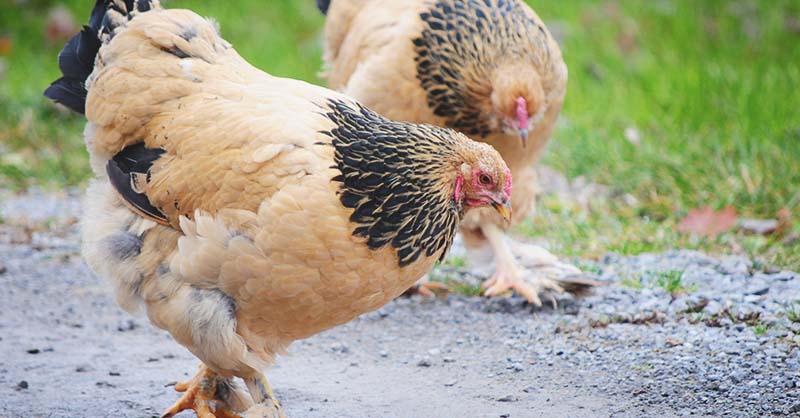Chickens, like all living creatures, need the right nutrients to thrive. One crucial element for their health is electrolytes. If you’re wondering how to make homemade chicken electrolytes, you’re in the right place. This article will guide you through the process, ensuring your flock stays healthy and happy. Within the first few paragraphs, you will find what you need to know about the importance of electrolytes and how to prepare them at home.

Understanding the Importance of Electrolytes for Chickens
Electrolytes are minerals that carry an electric charge. They are vital for many bodily functions in chickens, including maintaining fluid balance, muscle function, and nerve signaling. When chickens are stressed, sick, or exposed to extreme temperatures, they can lose electrolytes quickly, leading to dehydration and health problems. Learning how to make homemade chicken electrolytes can help you manage these situations effectively.
Signs Your Chickens Need Electrolytes
It’s essential to recognize when your chickens need an electrolyte boost. Common signs include lethargy, decreased appetite, panting, and weakness. If you notice these symptoms, it’s time to learn how to make homemade chicken electrolytes to provide immediate relief.
Basic Ingredients for Homemade Electrolytes
Creating your own electrolyte solution is simple. The basic ingredients you need include water, sugar, salt, and baking soda. These components help replenish lost minerals and restore energy levels in your flock.
Step-by-Step Guide to Making Homemade Chicken Electrolytes
- Gather Your Ingredients: You will need 1/2 teaspoon of salt, 1/2 teaspoon of baking soda, 1 tablespoon of sugar, and 1 gallon of water.
- Mix the Ingredients: In a clean container, combine the salt, baking soda, and sugar with the water. Stir until dissolved.
- Store the Solution: Keep the mixture in a cool, dark place until needed.
Administering Electrolytes to Your Chickens
Once you’ve prepared the solution, you can add it to your chickens’ drinking water. Ensure it’s the only source of water available to encourage them to drink it.
Benefits of Homemade Electrolytes
There are several benefits to making your own electrolytes. Firstly, it allows you to control the ingredients, ensuring no harmful additives are present. Additionally, it’s cost-effective, saving you money in the long run. Homemade electrolytes also provide immediate relief to your flock, improving their health and productivity.
When to Use Homemade Electrolytes
There are specific times when administering electrolytes is particularly beneficial. These include during hot weather, after illness or stress, and following vaccination. Being proactive with electrolyte support can prevent potential health issues in your flock.
Natural Remedies for Chicken Health
In addition to electrolytes, there are other natural remedies you can use to support your chickens’ health. For example, using herbal remedies can provide additional nutrients and immune support.
How Homemade Electrolytes Compare to Commercial Products
While commercial electrolytes are convenient, homemade solutions offer more customization and transparency. You know exactly what your chickens are consuming, and you can adjust the formula based on their specific needs.
Common Mistakes to Avoid When Making Electrolytes
When learning how to make homemade chicken electrolytes, it’s essential to avoid common mistakes. These include using contaminated water, incorrect ingredient ratios, and not storing the solution properly.
Frequently Asked Questions
Q1: Can I use homemade electrolytes for chicks?
A: Yes, but ensure the solution is diluted to avoid overwhelming their systems.
Q2: How often should I give electrolytes to my chickens?
A: Use them during times of stress or illness, but not as a constant supplement.
Q3: Are there any natural alternatives to electrolytes?
A: Yes, offering herbal treats can provide additional nutrition and hydration.

Conclusion
Learning how to make homemade chicken electrolytes is a valuable skill for any chicken owner. It ensures your flock remains healthy and resilient, even in challenging conditions. By following this guide, you’ll be well-equipped to provide your chickens with the care they need. For more information on natural poultry care, consider visiting Natural Animal Health.
This article contains affiliate links. We may earn a commission at no extra cost to you.











